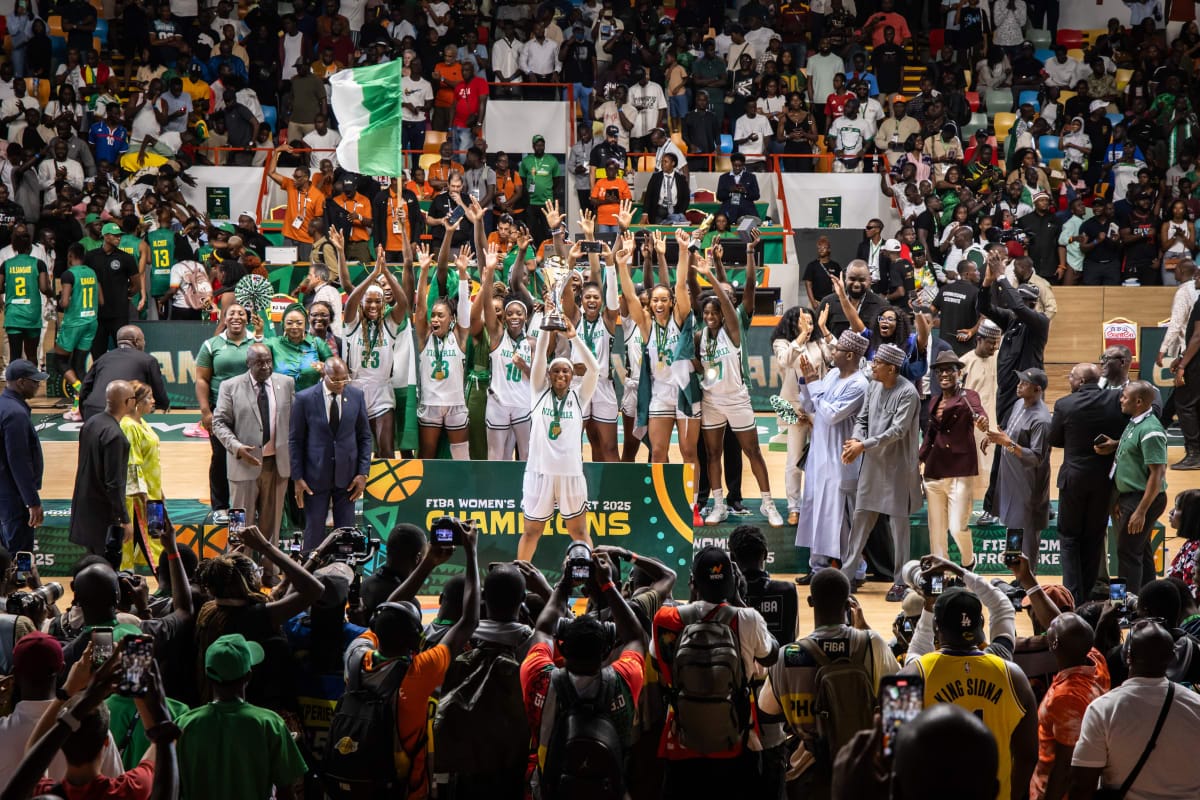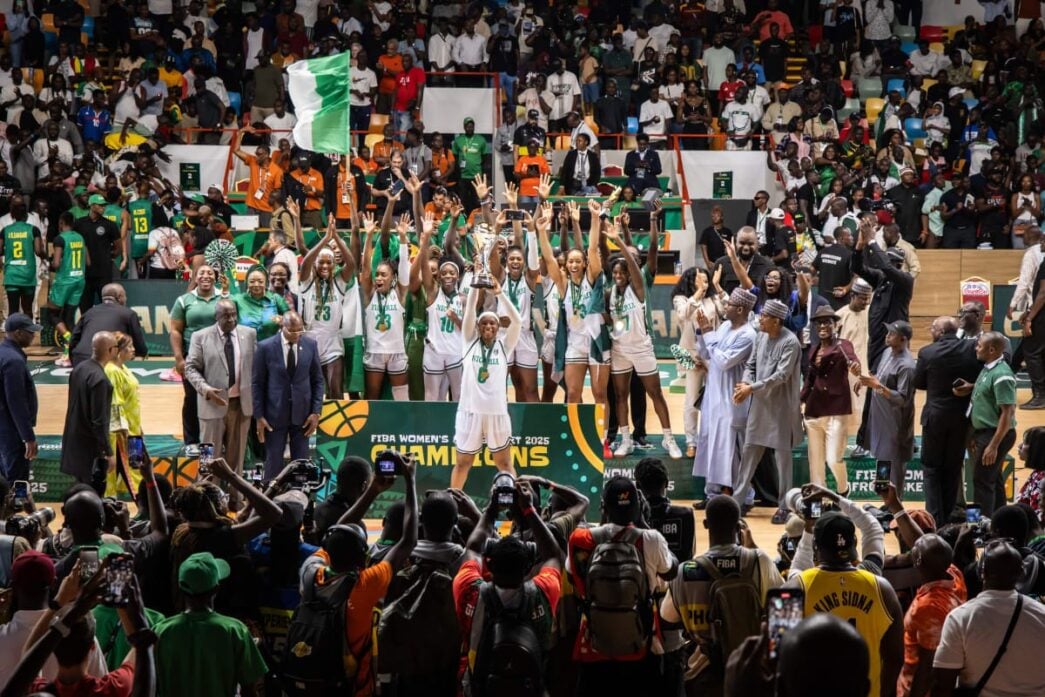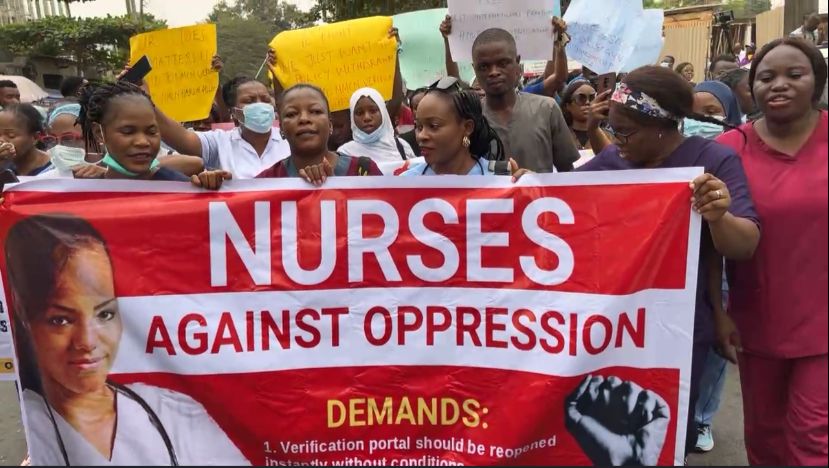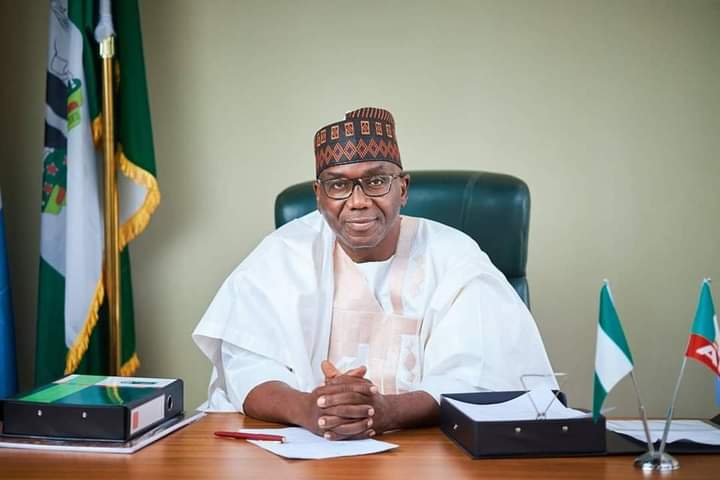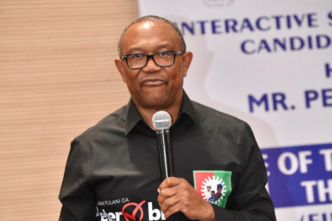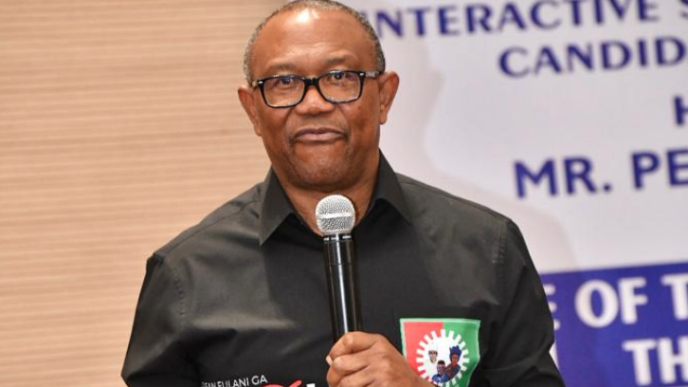D'Tigress
BY VICTOR OPATOLA
There is no question, Nigeria’s female athletes deserve every accolade this country can give them. The Super Falcons have consistently carried the nation’s flag with pride, poise, and world-class performance. The women’s basketball team, D’Tigress, have repeatedly broken continental barriers. So, their accomplishments are not just sporting achievements; they are acts of national service. They have delivered excellence, discipline, and global respect for our fatherland.
That the presidency chose to reward them with cash gifts is a gesture many of us totally agree they have more than earned, and which will further encourage sports excellence in Nigeria. Nigeria’s female athletes have earned our applause, and their accolades are not up for debate.
What is, and must be, open to scrutiny is how the federal government funded the gesture.
Advertisement
Specifically: from what line of the national budget did the $100,000 bonuses originate? Was the disbursement appropriated by the National Assembly? Was it funded through private donation? Or was it drawn from public funds, and with what process? When you tally the total disbursed to players, coaches, and technical teams across both the Super Falcons and D’Tigress, the figure climbs above $3 million. That is not a token sum. Fiscal transparency demands that citizens know which line of the national budget such a significant amount came from. In a constitutional democracy, such questions are not cynical. They are civic.
Ordinarily, questioning where the federal government got money to reward athletes and players would sound strange; after all, it’s the federal government we are talking about, and who would raise a brow when the government gives $100,000 to female players who represented the country with excellence.
But ask anyone with a basic understanding of public finance, governance, or constitutional law and democracy, and you’ll quickly realise that this is not a trivial question at all. It is not even about the money; it is about the law, disclosures, process, and accountability.
Advertisement
So again, let us ask it plainly: What line of budget did the Federal Government of Nigeria get the money?
This is not an attack on the presidency. It is not a criticism of the footballers. And it is certainly not opposition to rewarding excellence. It is a call for clarity, the basic minimum in any functioning constitutional democracy.
Public finance is a matter of public trust. Whether the government is spending ₦5,000 or $5 million, the source and process of that expenditure must be identifiable. A government’s ability to explain where money comes from and under what authority it is spent is central to good governance. Silence or vagueness on these matters leaves room for speculation and weakens confidence.
Every single kobo spent by the government, no matter how well-intentioned, must come from a defined source, be passed through a lawful process, and be accounted for. That is the promise of the Nigerian Constitution, which particularly demanded that all funds spent by the government must be budgeted.
Advertisement
Put simply, no money can be spent by the presidency, or any government body, unless it was budgeted for. The only exceptions are funds donated, constitutionally charged, or independently raised and transparently declared. So again, the question must be asked, not to diminish the achievements of the athletes, but to hold power to account.
If the $100,000 gift was paid from public funds, then the federal government must clearly disclose which line of the 2025 Appropriation Act was this particular fund drawn from? Was it captured under the ministry of sports? Was it from the tournament prize money? Or under a contingency line in the presidency’s recurrent expenditure? If none of these apply, then Nigerians deserve to know; was this money drawn from the president’s personal account and if it was, that too must be made clear, because public perception right now assumes otherwise. Nigeria has seen how loosely explained expenditures, security votes, special intervention funds, or palliatives can become vehicles for abuse when left unexamined.
For instance, over the years, we have read that billions of dollars have been illegally withdrawn from the excess crude oil account without clear appropriation or explanation to Nigerians. Spending must be anchored within the budget line, and this is why the $100,000 reward must be traceable, not because the players don’t deserve it, but because the public deserves to know.
The reward has already lifted spirits across the country. For younger generations of Nigerian girls, in Lagos, Owerri, Sokoto, and Makurdi, the sight of women being honoured with meaningful, tangible recognition is powerful. Yet, we must seek accountability.
Advertisement
For if a government can spend millions without saying where the money came from, then any future administration can do the same. And next time, it might not be for athletes. It could be for something far less noble, like rewarding allies or funding political ends. Vigilance is the price citizens pay for democracy. If we don’t know the source of this, another government can come tomorrow and do the same, but for a less noble cause.
Opatola Victor is the national coordinator, Lawyers for Civil Liberties. He can be contacted via [email protected]
Advertisement
Views expressed by contributors are strictly personal and not of TheCable.
